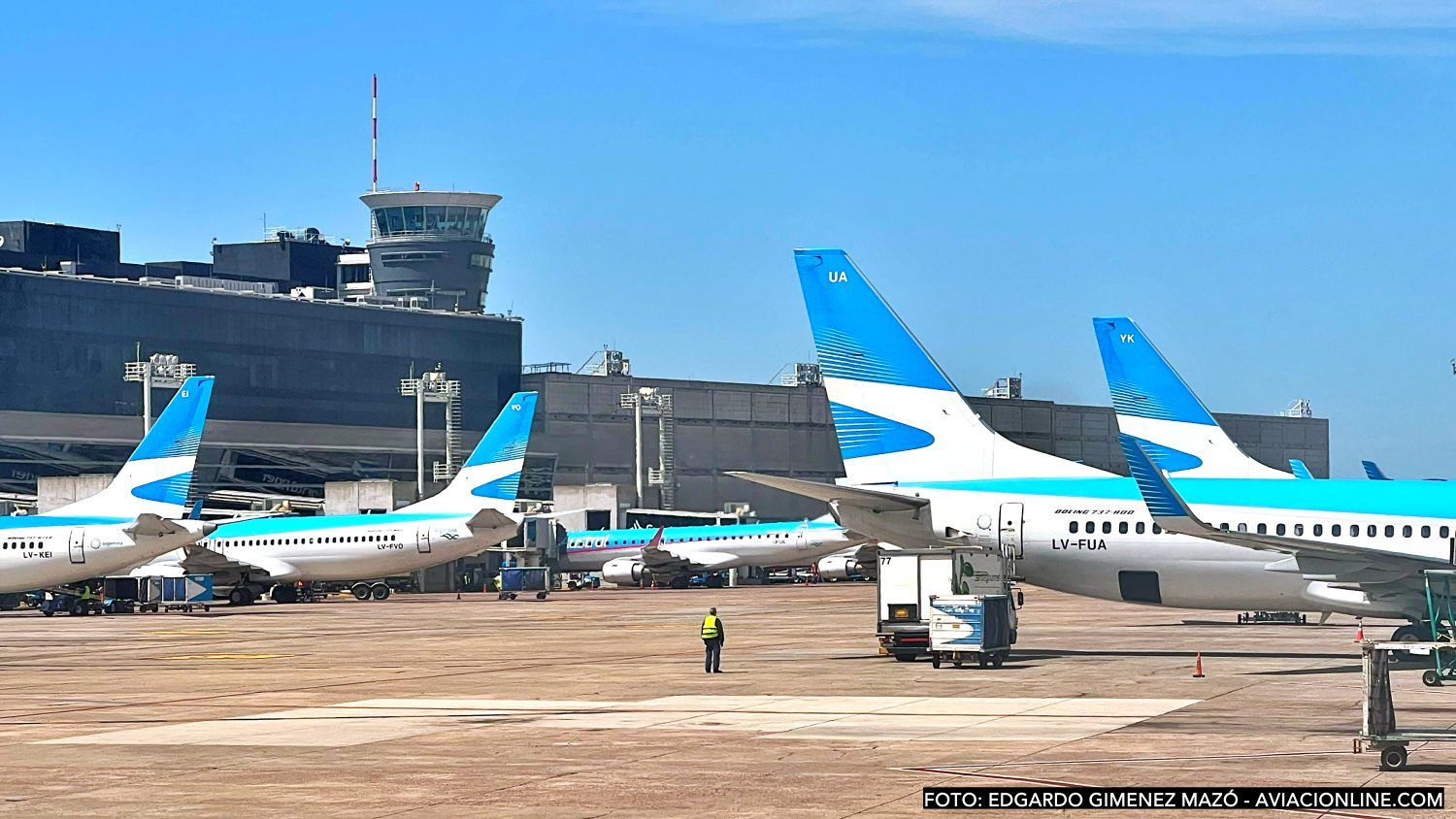The Argentine government has officially declared Aerolíneas Argentinas S.A. subject to privatization through Decree 873/2024, published on October 2, 2024. This measure represents a significant shift in the country’s aviation policy, driven by the airline’s chronic financial losses and the nation’s increasing economic challenges.
The decision follows a series of economic actions to reduce the fiscal deficit and reorganize public spending. Aerolíneas Argentinas, nationalized in 2008, has consistently required state funding to remain operational, accumulating losses that have led to the need to consider privatization.
Financial pressure and operational inefficiency
Decree 873/2024 indicates that Aerolíneas Argentinas has received approximately USD 8 billion in subsidies since its nationalization, without significantly improving its financial performance. The airline continues to operate at a loss, making it increasingly difficult for the government to justify using public resources to keep it afloat, especially in a context where 52.9% of the population lives in poverty.
Moreover, the decree highlights the company’s inefficient cost structure, with an average of 125 employees per aircraft, significantly higher than competitors such as Gol Linhas Aéreas (97 employees per aircraft) and Copa Airlines (70 employees per aircraft). Overstaffing and significant employee benefits like free executive-class tickets for pilots and their families have further increased operating costs.
Economic context and policy shift
The privatization of Aerolíneas Argentinas is part of a broader economic deregulation program led by the government to reduce state intervention in key economic sectors. Decree 599/2024 established an open skies policy to encourage market competition and remove regulatory barriers in the aviation sector. In this context, privatization will allow Aerolíneas Argentinas to operate under market conditions, improving efficiency and easing the financial burden on the state.
The government argues that in an economy where 18.1% of the population lives in extreme poverty, it is unsustainable to use public resources to finance a loss-making airline. Instead, limited funds should be directed to urgent social needs.
International comparisons and privatization model
Decree 873/2024 compares Aerolíneas Argentinas’ situation with that of other national airlines that have transitioned to private ownership, such as Air Canada, Qantas, and Lufthansa, which have reduced or eliminated state involvement in their structures. This global trend supports the decision to privatize Aerolíneas Argentinas, allowing it to operate competitively and efficiently.
The privatization process will be carried out under Law 23.696, which offers several methods, including asset sales, stock placements, or concessions. The government will seek to ensure that the process is conducted with maximum transparency and competitiveness, allowing Aerolíneas Argentinas to integrate into the market fully.


Comentarios
Para comentar, debés estar registrado
Por favor, iniciá sesión